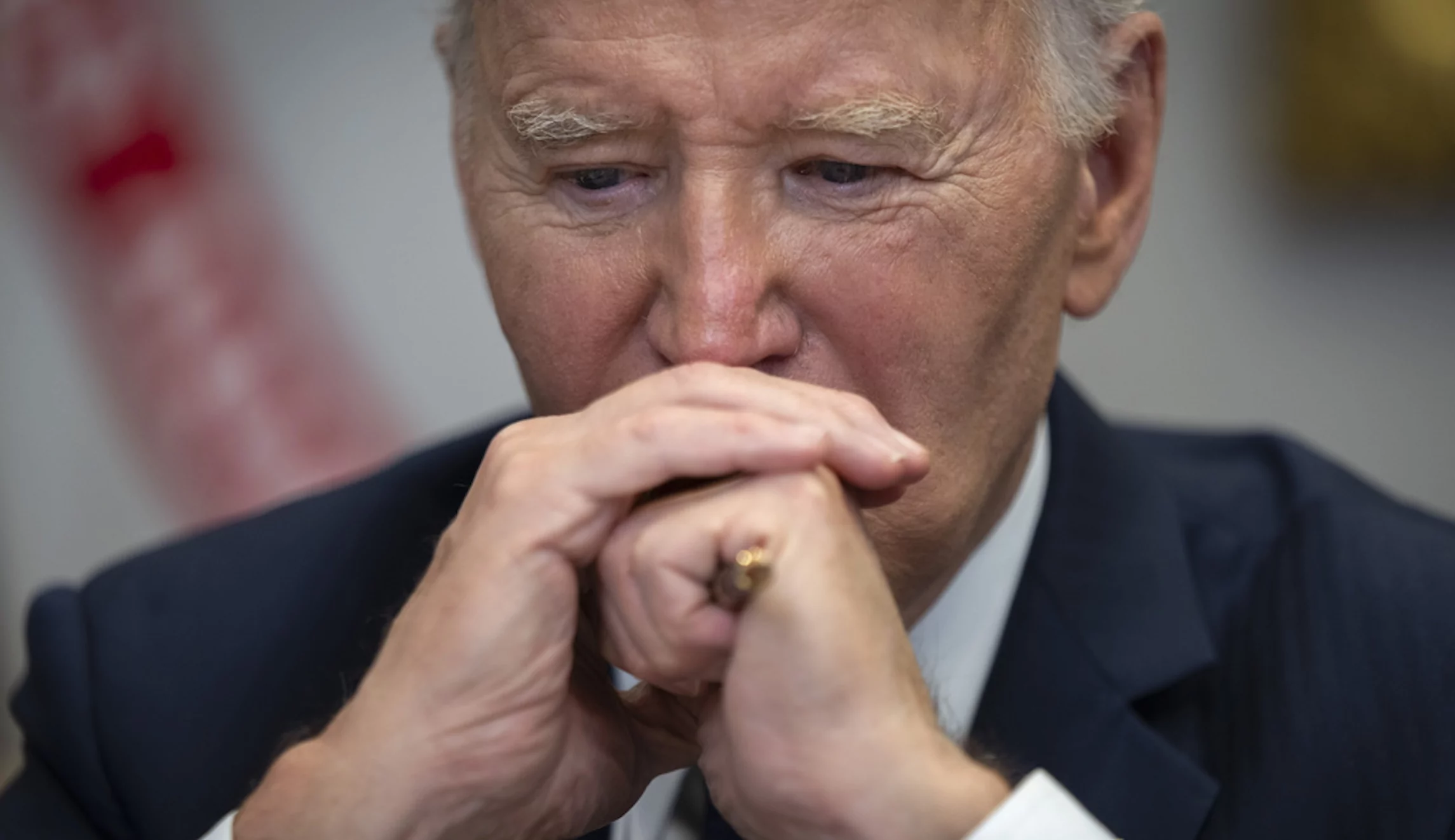

Congressional Republicans are whittling down a list of Biden regulations that can swiftly be repealed once President-elect Donald Trump takes office later this month.
For the last four years, Republicans have tried without success to reverse the Biden administration’s rulemaking. The Congressional Review Act allows them to undo individual regulations with a simple majority vote, but most were blocked in the Democrat-controlled Senate.
The handful that got through each chamber were promptly vetoed by President Joe Biden.
With unified control of Washington, Republicans now have a fresh chance to reverse their fortunes and have already promised a sweeping rollback of Biden’s regulatory agenda.
However, the challenge will be prioritizing a small number of items for consideration on the Senate floor.
There are 1,300 regulations available for repeal using the Congressional Review Act, and 108 of them are regarded as significant. However, the Senate will be strapped for time as it works to get Trump’s Cabinet in place in the early weeks of his administration.
Senate Majority Leader John Thune (R-SD) told the Washington Examiner that conversations are “ongoing” with the House on what Biden rules to undo using the Congressional Review Act.
The first time Republicans had unified control under Trump, they managed to repeal 16 Obama regulations in his first two years, the most expansive use of the process to date.
“Well, it’s obviously something that we’re taking a look at. There are some pretty good candidates for that,” Thune said.
Republicans can only reverse those regulations that fall within a “lookback window” that extends back to August. That means the regulations they failed to repeal earlier in Biden’s presidency are off-limits to congressional action.
Still, Republicans can target a wave of 11th-hour rulemaking by the administration as Biden prepares to leave office. Within bounds is his latest student loan cancellation program and regulations on hydrofluorocarbons and other environmental toxins.
One advantage of the Congressional Review Act is that a future administration cannot create a regulation that is “substantially similar” to the one that’s repealed.
The other is speed. The Trump administration could reverse any of the same regulations on its own but through an administrative process that takes a year or longer.
The tool is not considered practical in most cases, however, given it can take up to 10 hours of debate to process a single Congressional Review Act.
Republicans will need that time instead for the hundreds of Trump nominees who require Senate confirmation. Many can be approved unanimously, but higher-level appointees will require repeated Senate votes that can take days.
At the same time, Republicans will work through the intricacies of a reconciliation bill that unlocks the bulk of Trump’s legislative agenda.
“The clock matters, the calendar matters,” said Sen. Kevin Cramer (R-ND). “We have to race that while at the same time carrying a really heavy load of confirmations and reconciliation and all of those things.”
Biden is still rolling out the final regulations of his administration, irking congressional Republicans who have called on agencies to halt all federal rulemaking with Inauguration Day approaching.
The Consumer Financial Protection Bureau, in particular, has issued rules at a steady clip with its regulations on data brokers and credit reporting agencies.
Director Rohit Chopra told lawmakers in December that his agency is under no obligation to be a “dead fish” as Biden leaves office, drawing the ire of Sen. Tim Scott (R-SC), the new chairman of the Senate Banking Committee.
“The agency is unaccountable to Congress,” Scott said at the hearing, “and Director Chopra seems intent on proving this to be true.”
Outside groups, among them the U.S. Chamber of Commerce, have already begun circulating lists of “major” regulations that can be repealed, including rules on medical debt collection, methane release fees, and conservation standards for household appliances.
Meanwhile, the Economic Policy Innovation Center, a conservative think tank, has been considering ways to expand Congress’s authority to repeal Biden regulations through the reconciliation process.
One bill, the Midnight Rules Relief Act, would allow lawmakers to undo the regulations submitted in Biden’s final year in one large batch. The House passed the measure shortly before the 118th Congress ended in December.
Trump, for his part, has promised to reverse many of the actions Biden is taking in his final weeks. He told reporters at a Tuesday press conference that he would revoke an offshore drilling ban Biden put in place this week on “Day One.”
CLICK HERE TO READ MORE FROM THE WASHINGTON EXAMINER
Trump also vented about the last-minute energy conservation measures. A new regulation, published just after Christmas, would ban certain types of hot water heaters, while others target ceiling fans and dehumidifiers.
The president-elect has tasked the Department of Government Efficiency, led by Tesla CEO Elon Musk and entrepreneur Vivek Ramaswamy, with proposing a list of regulations for elimination.




